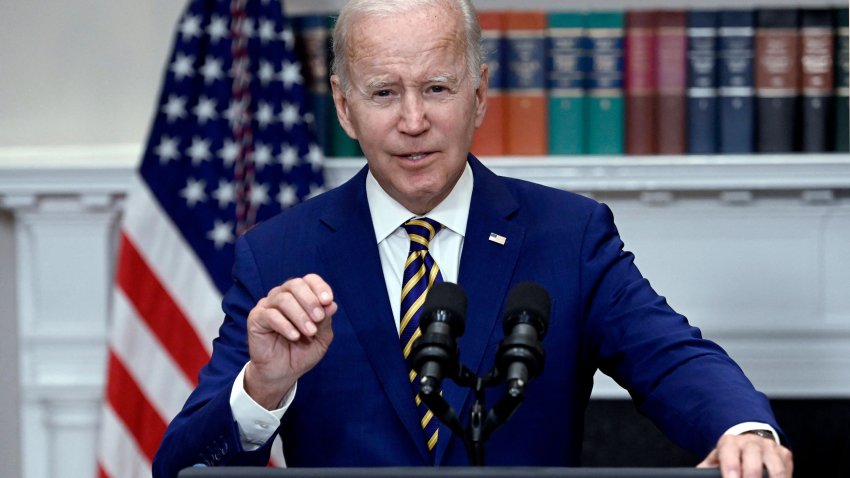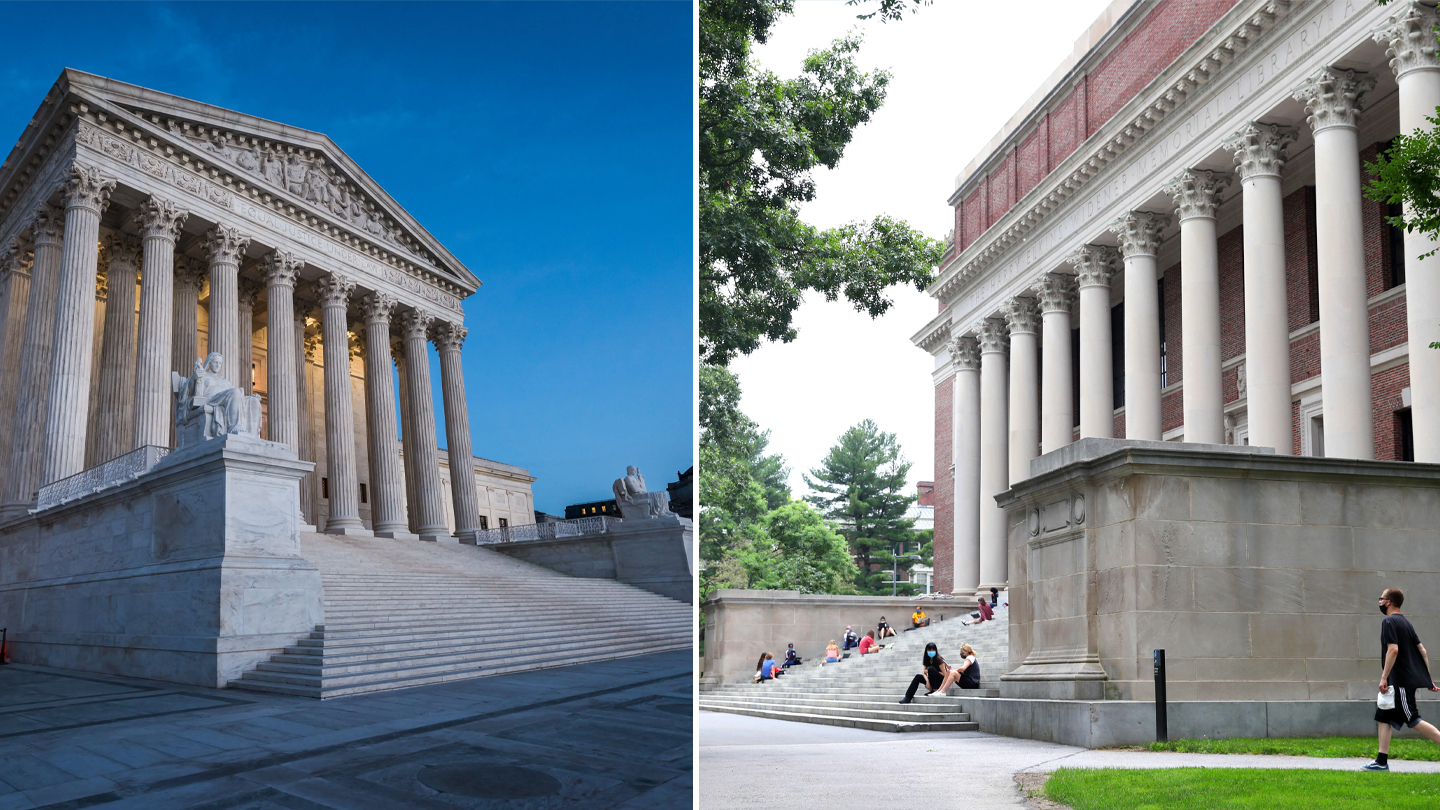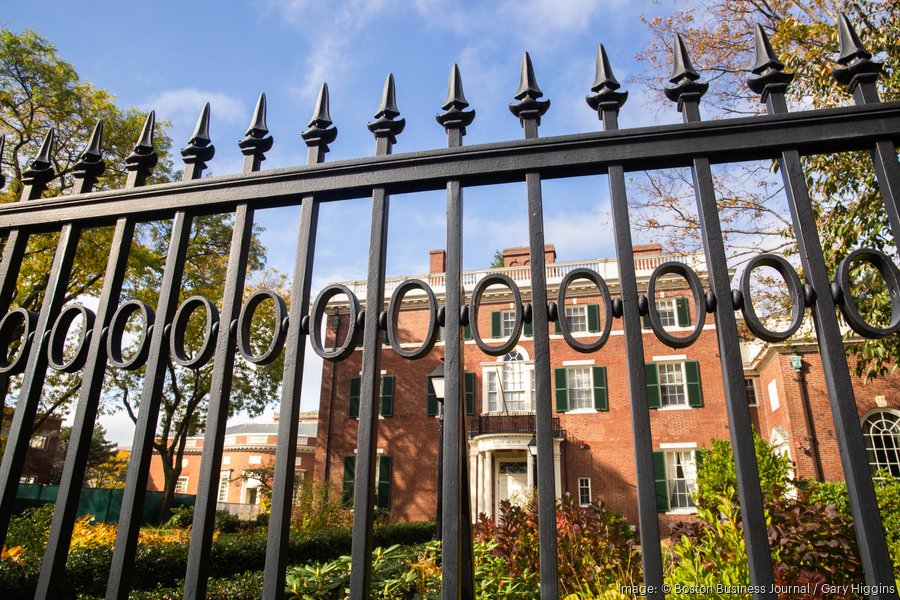The Supreme Court ruled Friday that it would block President Biden’s student loan forgiveness plan.
The Supreme Court effectively killed President Joe Biden's $400 billion student loan forgiveness plan on Friday, in a ruling that affects more than half a million people in Massachusetts.
That's how many Bay Staters applied for student debt forgiveness of up to $20,000 for federal borrowers, and more than 300,000 applications had been approved.
Stream NBC10 Boston news for free, 24/7, wherever you are.
But the nation's high court ruled that the Biden administration overstepped its authority with the plan, which didn't get the approval of Congress. When the three-year pandemic-era pause on student loan repayments ends on Sept. 1, most borrowers will owe the same amount they did in 2020.
"It's definitely disappointing. It's also stressful knowing that payments will resume," said Vanessa Snow, who applied to have debt forgiven after chipping away at the principal for more than 10 years.
Get updates on what's happening in Boston to your inbox with our News Headlines newsletter.
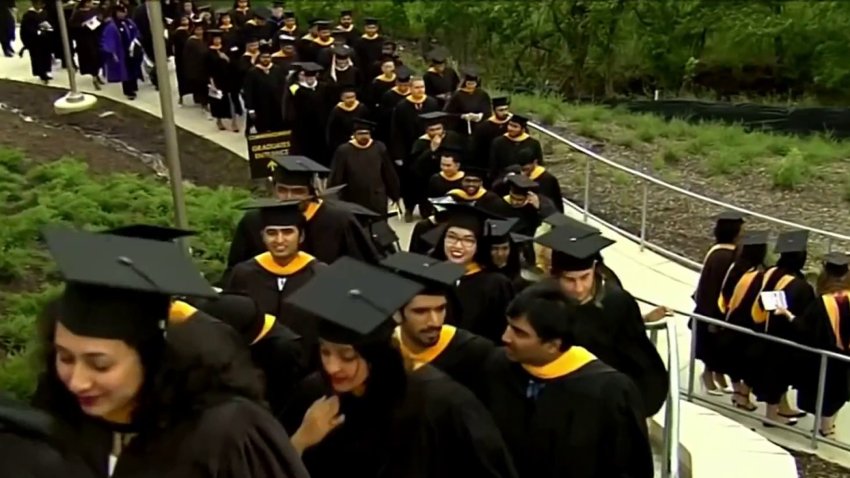
If it had been approved, it would have cut the amount Snow owes in roughly half, she said, and it "would have made repaying the rest so much more doable."
Both of Massachusetts' U.S. senators, Elizabeth Warren and Ed Markey, put out statements decrying the decision and urging the president to do more.
"This fight is not over. The President has more tools to cancel student debt — and he must use them," Warren said.
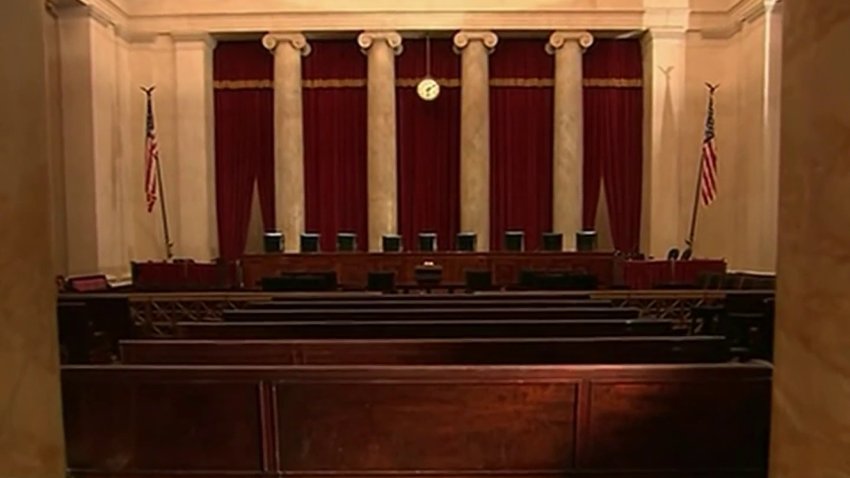
Get updates on what's happening in Boston to your inbox. Sign up for our News Headlines newsletter.
Beth Akers, a senior fellow at the American Enterprise Institute think thank, said the Supreme Court was deciding on the legality of the measure, not whether it's good policy.
"I think the court made the right decision in saying this was dramatic overreach by the White House," she said.
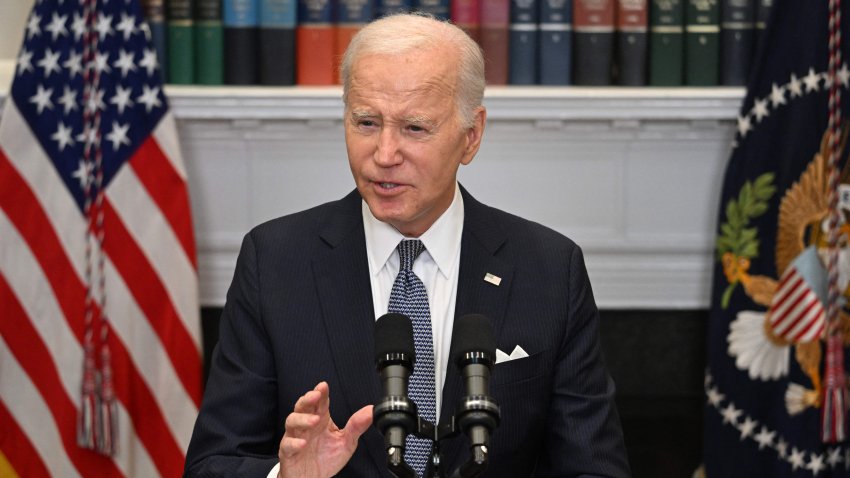
Biden announced Friday afternoon that his administration was seeking to provide student loan forgiveness through other avenues.
A federal court ordered the original plan be paused in November, shortly after the Department of Education began approving applications for student loan debt relief, and the Supreme Court heard arguments in February.
In one suit, six Republican-led states argued that this type of debt forgiveness would hurt their states’ tax revenues.
While the court's decision means student loan debt won't be wiped out, it won't add new debt to anyone's balance.
“Student loan repayment has been on pause for over three years," nasfaa.org Director of Government Relations Rachel Rotunda explained. "Going back to the beginning of the pandemic, we saw a pause in both student loan repayment as well as interest accrual put in place. So borrowers have not been required to be making monthly payments since that time.”
